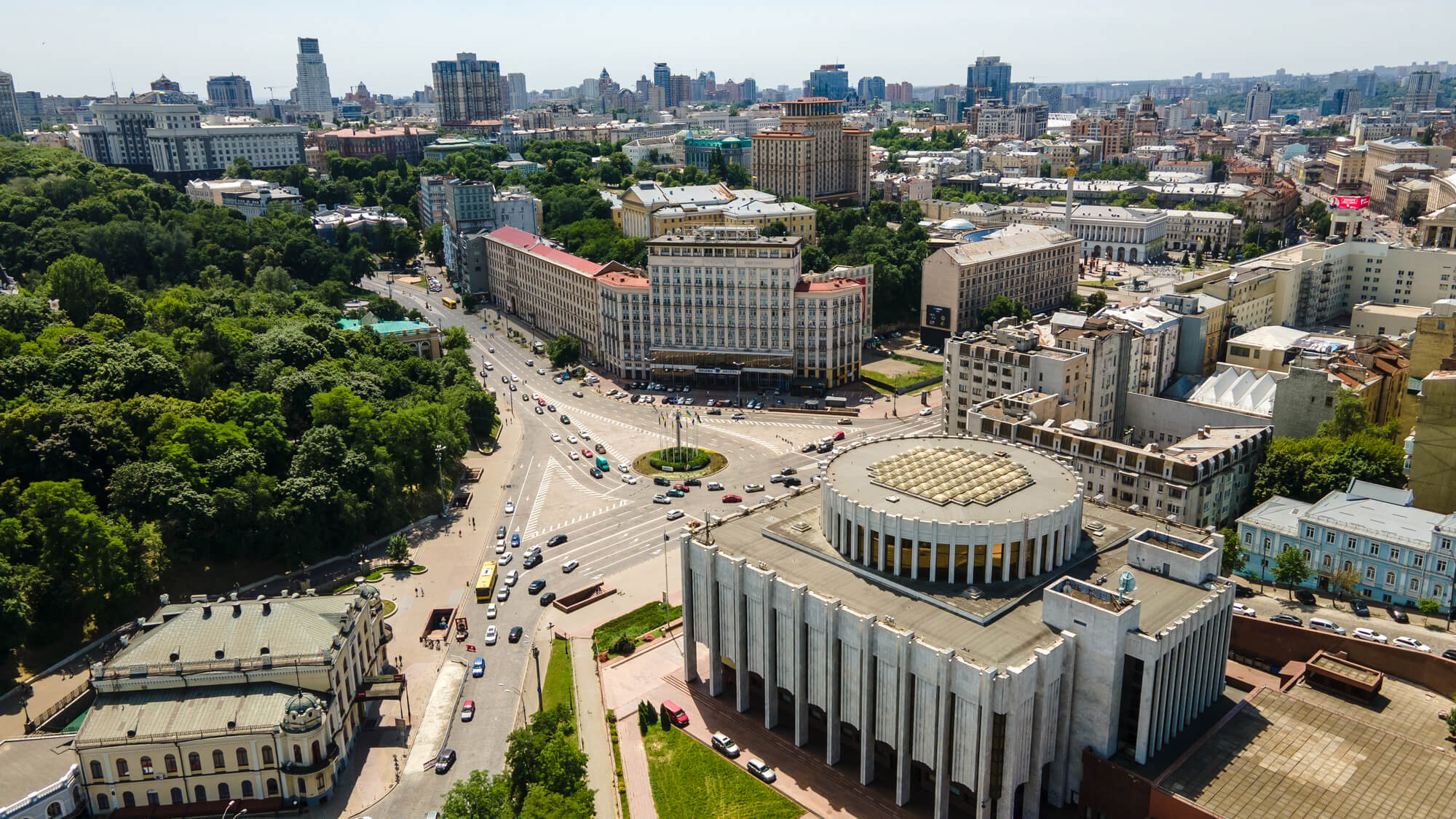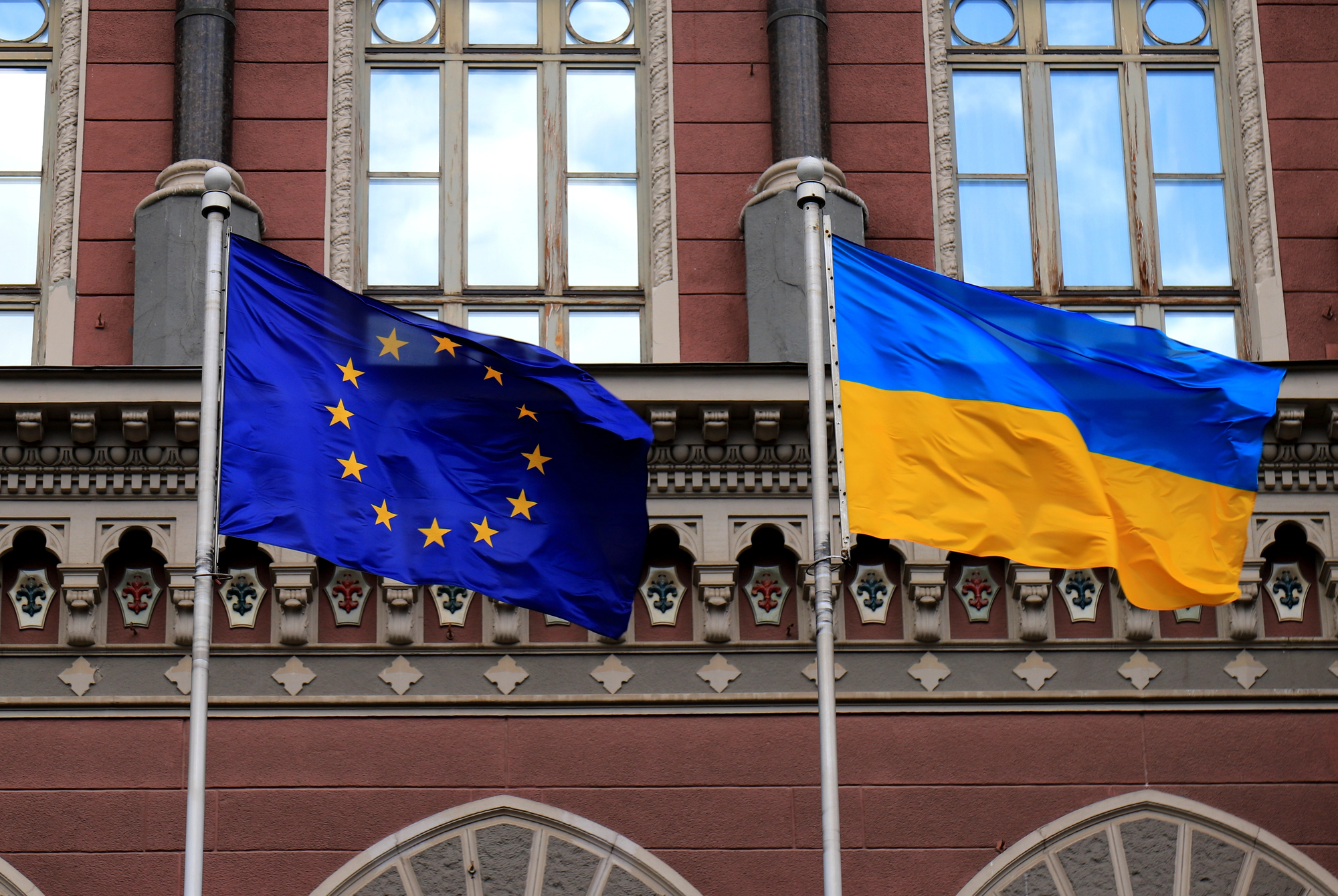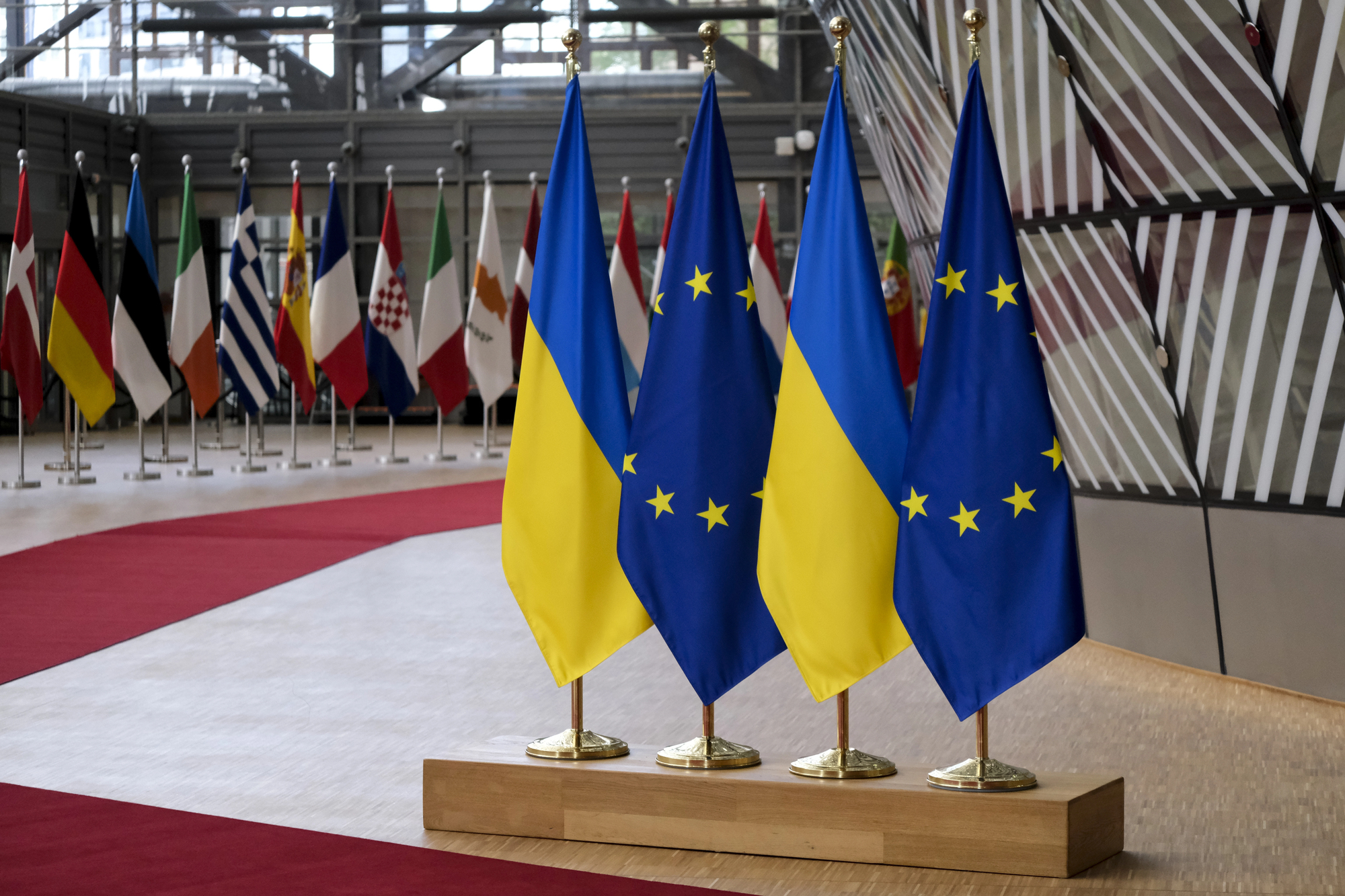The Kremlin does not publicly acknowledge the pain to its economy from Western sanctions for obvious reasons. It cannot afford to lose face at home or abroad. Pessimistic declarations by the Russian authorities would depress economic activity. Behaving as though the sanctions are not working or highly detrimental to the West might trigger their lifting. Another little discussed reason for the Russian authorities’ high sanctions pain threshold (namely – their penchant to non-market economic policies) is analysed below.
As Western observers try to estimate the impact of the sanctions from the war in Ukraine on the Russian economy from the outside, assessments by domestic Russian economists range from the despairing (e.g. Natalia Zubarevich, Igor Lipsits) through diplomatically neutral (e.g. Aleksandr Auzan, Vladislav Inozemtsev), to cheerfully bullish by some pro-Kremlin economists, e.g. Mikhail Khazin, Nikita Krichevskiy. The verdict of Russian economists outside Russia is invariably negative (e.g. Sergey Aleksashenko, Sergey Guriyev).
The weight of the evidence pointing to heavy damage from the Western sanctions is considerable. The optimists in Russia can only be trying to put a brave face on a bad situation. The Kremlin must have calculated that Russia’s fortress economy (constantly positive external balances thanks to energy exports, anti-Keynesian ultra-low government debt to GDP, fiscal surpluses) would be resilient enough to withstand the inevitable Western sanctions after the reckless invasion of Ukraine. The sanctions are not only tougher than the Russian authorities anticipated. The Western ban on Russian energy exports triggered an international switch to alternative energy-supplier countries, an exodus of foreign companies, and Russia’s near exclusion from the globalised community.
The unprecedented Western sanctions designed as a deterrent against invasion of neighbouring countries have had the intended effect of compromising the very functioning of the Russian economy.
Domestic Russia is a market economy heavily dependent on imports to satisfy the needs of the productive sector and consumers. Energy and agriculture aside, Russian industry is predominantly semi-manufactures and assembly using foreign-made components. Most high-tech must be imported. Collapsed imports since the full-scale invasion due to sanctions help explain ruble strength but herald early shutdowns, corporate bankruptcies, and lay-offs. Russian non-public sector workers are like consumers everywhere: exposed to redundancy, repaying mortgages and loans, dependent on benefit payments. They are retained by law for three months on pay before being dismissed. By autumn of this year, Russia will be burdened with unemployment aid and support for essential productive enterprises while funding the war. The country’s $180 bn sovereign wealth fund, smaller than Apple’s near $200 bn cash pile, could shrink fast.
Lower energy exports albeit at higher prices and dramatically reduced imports will still be enough to ensure positive external trade and payments balances. Nevertheless, a domestic Russian economy starved of essential imports risks declining even more than the 10%-15% predicted this year by Western economists. Some Russians wonder whether the Russian state will survive in its present form. Pro-Kremlin commentators, meanwhile, salute what they consider an opportunity to develop import substitution and to pivot towards Asia, the world’s fastest growing region. They talk hopefully of China bridging the imported goods gap.
One overlooked reason can be advanced for the surprisingly confident way the Russian authorities ignore the sanctions damage to their nearly crippled, relatively small, economy.
Judging by the recent obligation for Russian energy to be settled in rubles and the alleged greater sanctions impact on the West, the Kremlin’s economic stance appears to have recently shifted controversially to the left. It is now nearer the views of close to the Kremlin neo-Marxist economists such as Mikhail Khazin (an occasional guest on Vladimir Solovyev’s infamous talk shows) and Sergey Glazyev, both members of the small Rodina (motherland) political party headed by arch-hawk, Aleksey Zhuravlyev. A prolific propagandist, Khazin in all seriousness predicts an early collapse of the Western world order, the demise of the US dollar as the world’s main reserve and trading currency, and Russia potentially becoming the world’s no. 1 economy in 5 to 10 years as China, 25% of whose economy is state subsidised, and an overgeared US are hit hard by the imminent Western economic crash.
Russia’s ascent can be achieved, in his view, simply by ditching current liberal monetary and fiscal policies in favour of state-directed investment in productive capacity through a rehabilitated Russian banking system at last providing credit. According to Khazin, the result would be GDP growth in the low double-digits as happened between 1998 and 2008. His projections for the stagnant small-scale Russian economy look overambitious as a simple comparison of Russia’s share of total world GDP output (3.1%) vs. China (18.2%) and the US (15.8%) on a purchasing-power-parity (PPP) basis vividly illustrates. Absent the unlikely crash of the Chinese and US economies predicted by Khazin, it would be difficult for the Russian economy to outstrip its two world-leading rivals even with an annual GDP growth rate in the low teens.
Both Khazin and Glazyev scathingly condemn the liberal economic team currently running the economy for the Russian banking system’s complete failure to “finance productive output because of its concentration on speculative financial markets activity.” Khazin is also vocal about Russia recovering its spheres of influence, namely the former USSR and Warsaw Pact states, thanks to the West’s demise, the break-up of the EU, and formation of new world currency zones.
Putin’s economic advisor till 2019 and member of the Russian Academy of Sciences (RAS), Glazyev is now minister overseeing the Russian-led Eurasian Economic Union (EAEU). This was designed as an alternative to the European Union (EU) comprising only Russia, Belarus, Kazakhstan, Kirghizstan, and Armenia. Glazyev refers to RAS research which apparently sees the predicted downfall of the dollar and Western economies as a similar historical process to the end of the British Empire after World Wars 1 and 2. He opportunistically asserts that freezing of $300bn of Russia’s foreign exchange reserves is the turning point in the US dollar’s demise because of the resulting loss of trust internationally. Glazyev stated in a recent interview that the war accompanying the West’s collapse is already underway, is hybrid in nature, and is a battle for minds, hearts, and opinions rather than a territorial conquest.
Notorious for their anti-Ukrainian views, these two economists consider a Russian victory over Ukraine a foregone conclusion.
These far-fetched neo-Marxist predictions of the West’s imminent downfall provide the Kremlin with a convenient justification for the war on Ukraine and for Russia’s rogue-state behaviour. After all, if the main pillar nations of today’s rules-based international order were about to crumble, then Russia’s rule-breaking would go unpunished. And as the West is allegedly waging a hybrid war against it, Russia can legitimately respond by using all the new hybrid warfare tools at home and abroad (propaganda, subversion, espionage).
The Kremlin is, however, taking a big gamble that these prophecies will come true. Such an outcome would retrospectively validate the invasion and absolve Russia of its war crimes. But there is no hiding the fact that the anticipations and forecasts expressed by the two neo-Marxist economists are highly exaggerated. Similar scenarios foreseen by Karl Marx in the 19th century failed to materialise and Marx-inspired policies led to the break-up of the USSR in 1991.
It is difficult to understand whether Khazin’s and Glazyev’s views are genuine or for propaganda purposes. Confidently expecting the US dollar to be replaced ignores that worldwide assets of all financial institutions in 2021 were the equivalent of over $400 trn, with probably half in US dollars. To displace the US dollar would require unrealistic monetary issuance by rival central banks, with China in the forefront. The scale of the challenge can be gauged from total money in circulation (M2) in April 2022 of $37 trn in China, $21 trn in the USA, and in Russia only $1.1 trn. Moreover, US Treasuries are the liquid asset of choice for a huge share of world central bank reserves. Russia’s outstanding government debt (18% of its GDP) is far too small to be a substitute and the ruble is not recognised as a convertible currency. The much decried US government debt actually underpins the dollar’s dominance.
Western economists need mobilising to discredit the retrograde economic thinking seemingly favoured by Moscow. Governments in the West need to protect themselves in every way from the hybrid war attacks Russia will continue to mount. They also need to supply Ukraine with the required weaponry.
Putin’s regime cannot realistically pursue multiple objectives of fighting the war in Ukraine, avoiding another 1991-style domestic economic disintegration, regaining control of the former USSR and Warsaw Pact countries, undermining the West, and establishing a ruble currency zone.
Attention
The author doesn`t work for, consult to, own shares in or receive funding from any company or organization that would benefit from this article, and have no relevant affiliations


